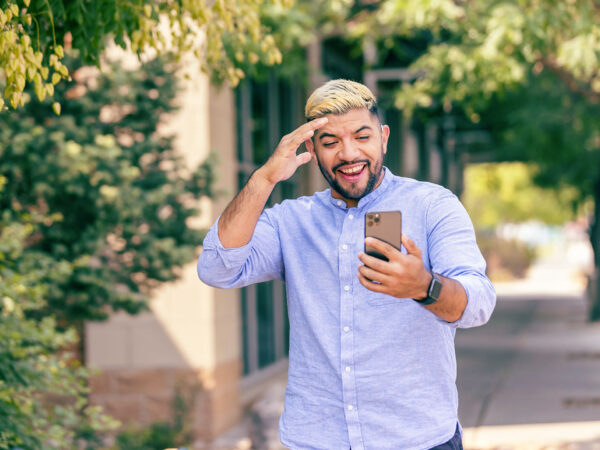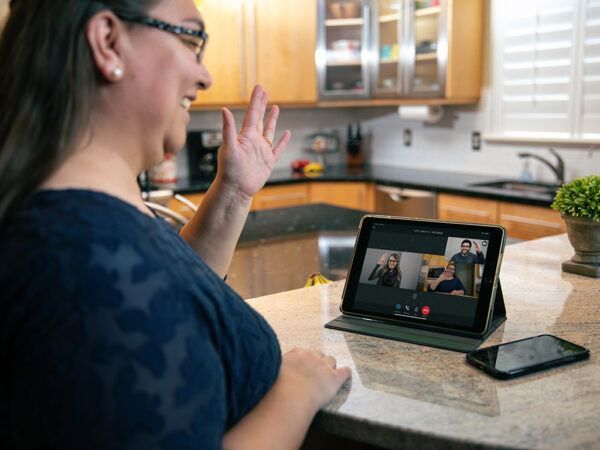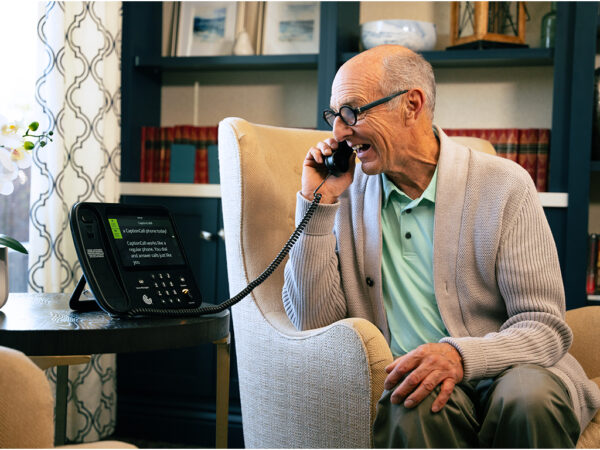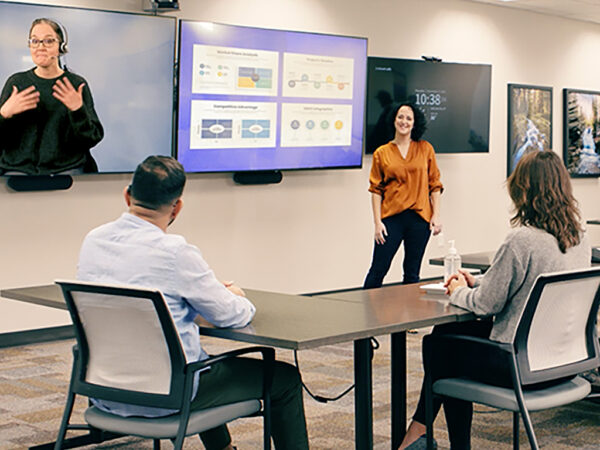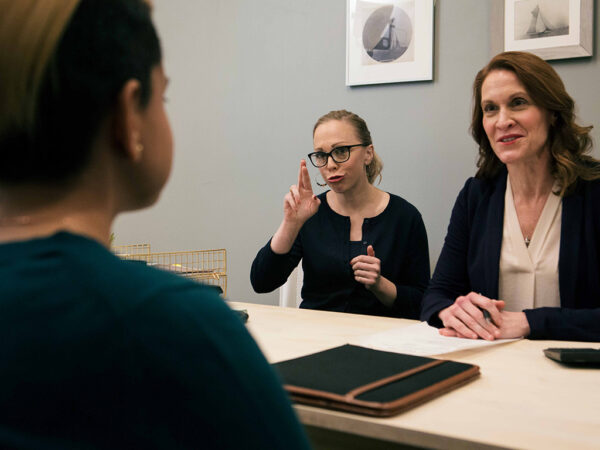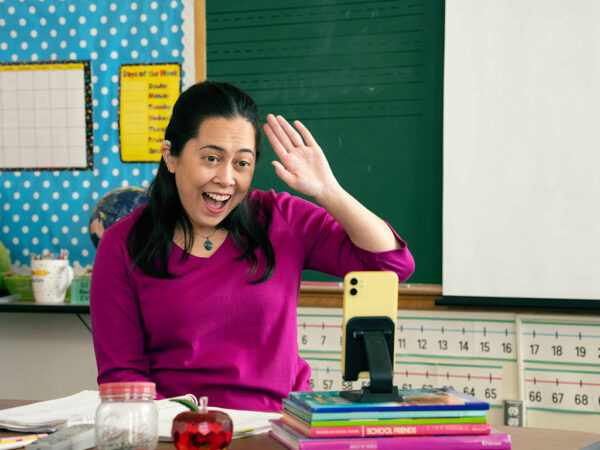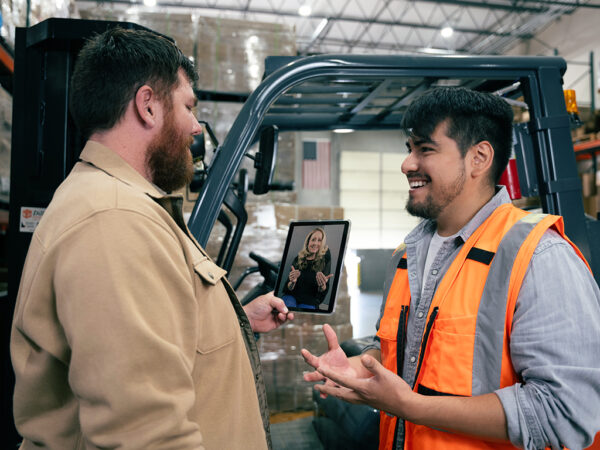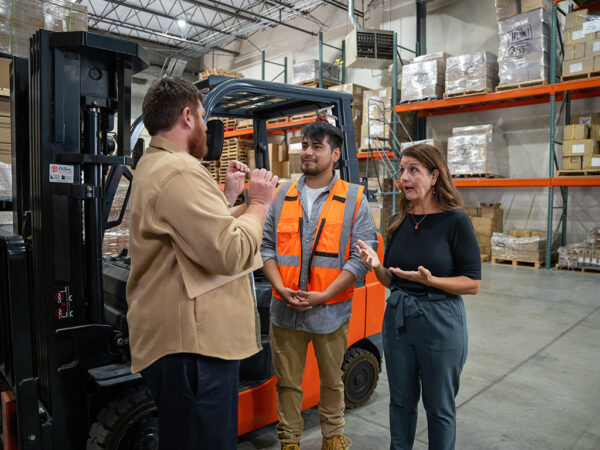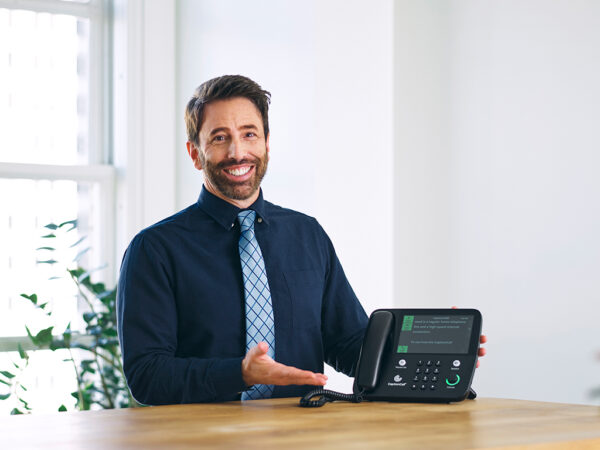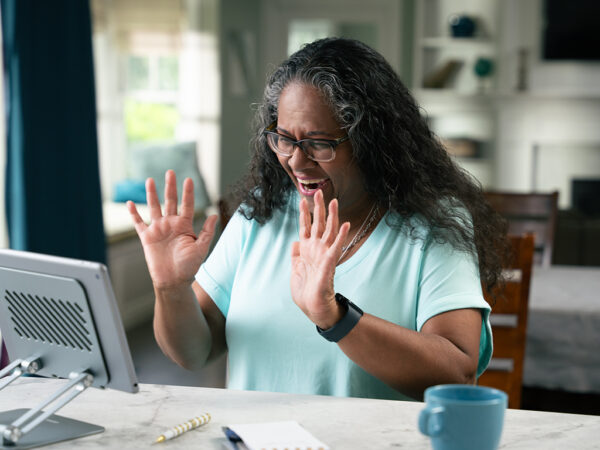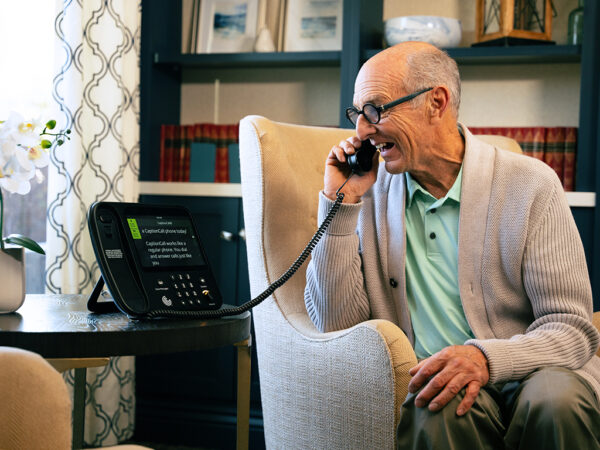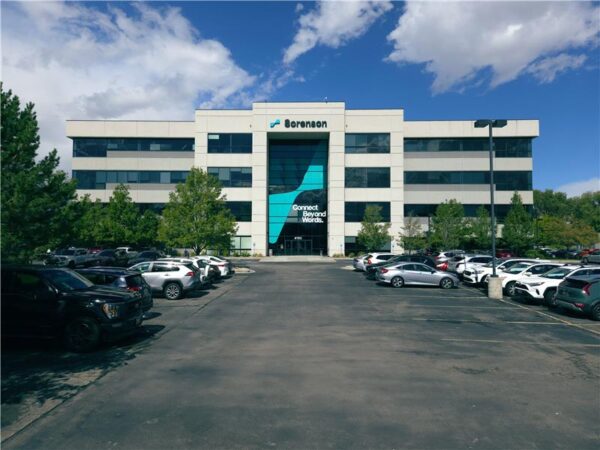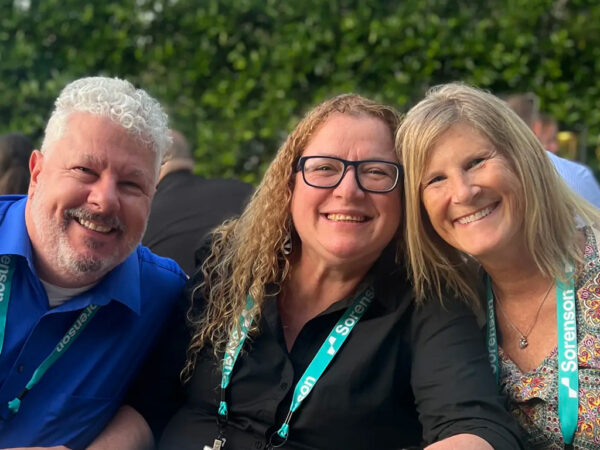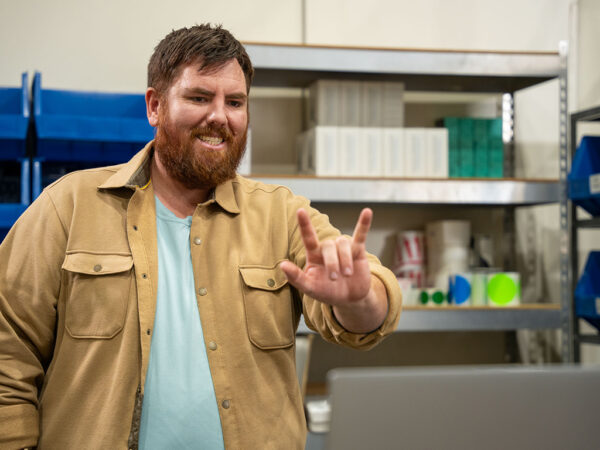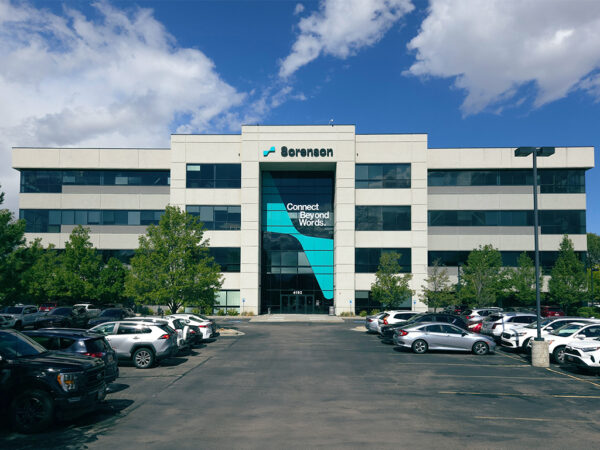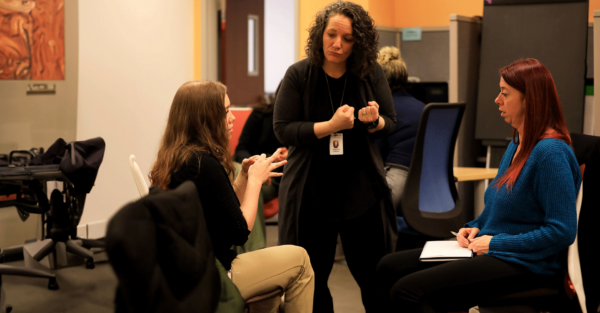Honoring Black Deaf History as Part of Black History Month
February 10, 2023
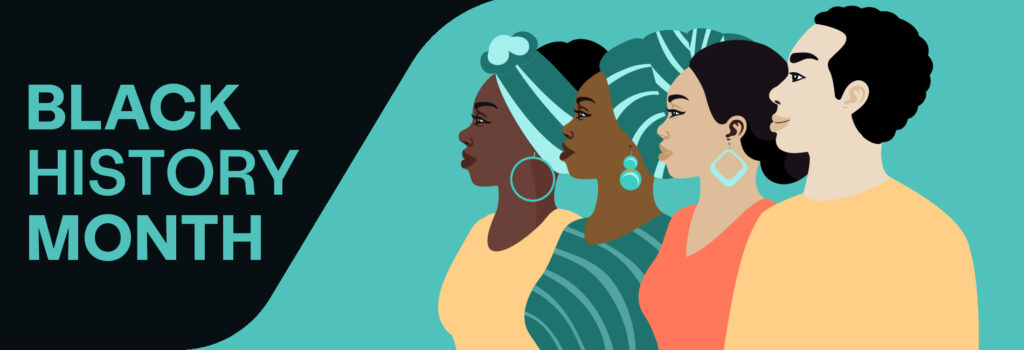
Each February is Black History Month in the U.S. But there’s another side of Black history in the U.S. that many don’t consider: Black Deaf history.
About Black History Month
The origin of Black History Month dates to 1926. It was then that Dr. Carter G. Woodsen, the founder of the Association for the Study of African American Life and History dubbed the second week of February “Black History Week.” He chose the second week of February to honor Abraham Lincoln’s and Frederick Douglass’ birthdays.
With time, the week evolved to a month that includes a unique Black History theme each year. U.S. presidents have recognized the month and theme since 1976.
Black History Month’s purpose is to recognize the achievements and contributions of Black Americans to the U.S. and its history and culture.
The intent of the theme is to examine and recognize a different aspect of Black history each year. The theme for 2023 is “Black Resistance.” It honors and explores Black Americans resistance to historic and ongoing oppression.
Black Deaf History
20% of the world’s population lives with hearing loss. And just as there’s a Deaf community and history, there’s a Black Deaf community and history too. Deaf Americans and Black Americans have been marginalized and oppressed, and Black Deaf people feel that even more so as members of two underrepresented communities.
Historically, Black Deaf students weren’t allowed to integrate with white Deaf students and white schools the U.S. That restriction led them to develop Black American Sign Language (BASL), a dialect of American Sign Language (ASL).
Recognizing diversity and inclusion for the Deaf and Black Deaf communities
Sorenson as a company is committed to diversity and inclusion for the Black Deaf, Deaf, and other underrepresented communities and cultures. We’re committed to expanding services to these communities. We’re also the largest private employer of sign language interpreters in the U.S. and made the Forbes’ list of Best Employers for Diversity 2022.
As long as Sorenson has been providing language services, we’ve worked closely with Gallaudet University — a private university for students who are Deaf and hard of hearing.
Sorenson’s first video relay service call center to serve the Deaf was on the Gallaudet campus. And in June 2022, Sorenson and Gallaudet created a strategic partnership. It includes initiatives to enhance the collaboration between the Deaf and businesses and institutions.
The first initiative is a $3 million endowment gift from Sorenson to support Gallaudet’s Center for Black Deaf Studies.
Sorenson staffers speak up to honor Black History
Sorenson wants to magnify the voices of past and present staffers who are members of both the Black, Deaf, and Black Deaf communities and/or provide services to these communities.
We share their voices to honor their pride in their history and for taking action to create a better future for marginalized communities during Black History Month and all year.
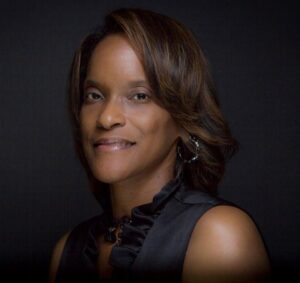 Kynesha Hicks, PAH Video Interpreter/SCIS Interpreter
Kynesha Hicks, PAH Video Interpreter/SCIS Interpreter
For some, Black History Month is a 28-day moment in our busy annual calendars. For others, it’s a daily celebration of our lives, our children, our ancestors, and the Black heroes alive today, and their immeasurable contributions to America.
It’s a time to respectfully salute, celebrate, and honor Black Americans who’ve led, taught, fought, and sacrificed to improve our country.
It’s also a call for us to be a part of history by consciously re-evaluating our individual mindsets, socially engaging in respectful discussions, and organizing through action to contribute to our own legacy.
We all need to join in the year-long journey to recognize the significant contributions Black Americans have made and continue to make — to our society, history, culture, and future.
It’s through our increased empathy, understanding, and open-mindedness within our inner circles that we can truly begin to honor Black History, and move our country forward together.
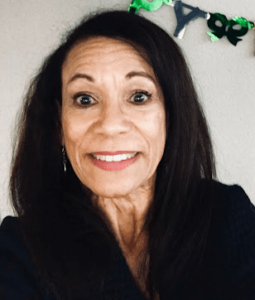 Pamela Smith, Video Interpreter
Pamela Smith, Video Interpreter
Growing up, my mother told me stories about her grandfather, Isaac Dickson. He had a very remarkable life as a freed slave and had a direct impact on the City of Asheville, North Carolina, after the Civil War. There’s a school named after him in Asheville.
I always wanted to do a better job with the exact details of my heritage, but a parent from the school did the research in the archives and saved my family a lot of time and hard work.
I have a photocopy of the “safe passage” artifact, which is a very treasured item. It was signed by leaders of Cleveland County, North Carolina, to give my great-grandfather safe passage to Morganton.
I’m proud to have descended from such a wonderful legacy. I wondered where my “trailblazing” character came from. I believe it’s from this man.
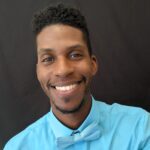 Robert Feggins, Video Interpreter
Robert Feggins, Video Interpreter
I celebrate Black History Month by doing research on different people who’ve inspired change and created opportunities for themselves and others.
Every day during the month of February, I learn about people past and present who’ve made or are making an impact for the Black and Black Deaf communities. When I can, I share what I learn with my family and on social media.
 Valerie McMillan, Regional Trainer
Valerie McMillan, Regional Trainer
For me, Black History Month means we take the opportunity to emphasize the importance of our trailblazers and the significant contributions they’ve made in hopes that we can have a brighter tomorrow.
I celebrate Black History Month to focus on all the positivity that’s come from our ancestors (past, present, and future). I incorporate not only Hearing Blacks but anyone in the Deaf/Deaf-Blind/Interpreter Communities. I also honor those that created any type of movies related to our communities by watching them more at that time.
Growing up being an OH CODA (Only Hearing Child of Deaf Adults), I had to interpret a lot for my family. And I had not once seen a Black interpreter. At that point, I declared I would be the first Black Interpreter.
Now, we know I wasn’t the first, but in my world I was. Not only did I become one of the first Black Certified interpreters in North Carolina but I assisted with setting up North Carolina Black Deaf Advocates Chapter #30 (NCBDA in 2005 and National Alliance of Black Interpreters of North Carolina in 2006). This gives both communities a place to learn, feel accepted, and grow individually as well as collectively.
 Ashly Drumwright, Video Interpreter
Ashly Drumwright, Video Interpreter
As a CODA (Child of Deaf Adult), the way I celebrate Black History Month is by educating my daughter with daily projects. We look up different Black people who’ve impacted our lives in one way or another, outside of Martin Luther King Jr., Rosa Parks, Harriet Tubman, and so many others. We research which local Blacks have made a difference here in the state of Maryland where we live.
But, Black History Month isn’t just in February. It’s all year round for my family.
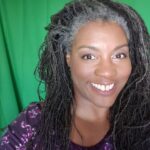 Angela Littleton, Video Interpreter
Angela Littleton, Video Interpreter
A moment that made me think of Black History Month differently is when I was doing a play about redlining and had to do research about it. It was something that I didn’t know about and it changed my perspective of the world.
I asked my parents about their experience when they settled in New York, and it further opened my eyes that there is so much that I still don’t know about our history. Now, I’m much more curious and actively seek out Black history.
 Dr. Teela Davis-Umukoro, Video Interpreter
Dr. Teela Davis-Umukoro, Video Interpreter
I celebrate Black History Month indefinitely!
I continue to learn more about who I am and where I come from. So much has been hidden from us as a people. Thus, I never wait for the “month”. I remain ever committed to peeling back the layers of our legacy.

